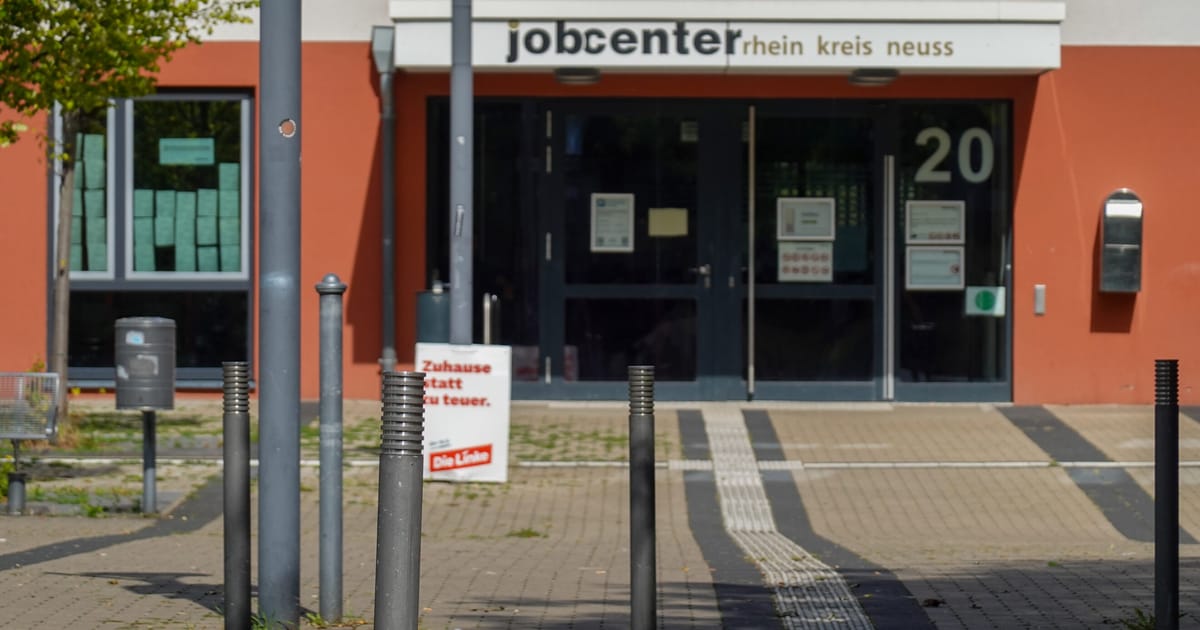EU Affairs
Unemployment hits 14-year high as Germany waits for Merz’s stimulus

Indeed, the local headlines are being conspicuously dominated by national champions shedding staff. Earlier this week, Lufthansa said it will cut 4,000 administrative jobs by 2030. The news came only days after engineering giant Robert Bosch said it would cut an additional 13,000 positions by 2030, after announcing 5,550 layoffs in November last year. Automaker Volkswagen and Germany’s second-largest lender, Commerzbank, announced significant job cuts earlier this year.
Such trends are having knock-on effects further down the supply chain: Insolvencies nationwide were up over 12 percent from a year earlier in the first half of 2025. Last week it was the turn of Kiekert, an auto supplier that pioneered central locking sytems, to declare itself bankrupt, putting another 700 German jobs at risk.
Europe’s largest economy has been in recession for two consecutive years and will eke out minimal growth this year, according to a report from think tanks that advise the government. Many fear the country risks missing out on the turnaround that Chancellor Friedrich Merz promised to deliver when he took office earlier this year. Companies have become increasingly skeptical that the government will deliver necessary reforms.
Only last month, the unadjusted number of unemployed in Germany passed 3 million for the first time in a decade. It dipped back below that level in September, as is usual at this time of year. The seasonally adjusted jobless rate remained stable at 6.3 percent of the workforce.
While analysts say that unemployment may continue to tick up, they argue that changing demographics and ongoing skills shortages should prevent any massive surge similar to the one in the early 2000s that triggered radical labor market reforms under then-Chancellor Gerhard Schröder.
The jobs numbers wasn’t the only worrying data out of Germany on Tuesday. Retail sales volumes in August fell 0.5 percent, suggesting that consumers are getting increasingly cautious about spending.
On the brighter side, recent declines in world energy prices are leaving more in consumers’ pockets, and Pantheon Macroeconomics’ Claus Vistesen pointed out that planned cuts to energy-related taxes will give them a further boost from January.



